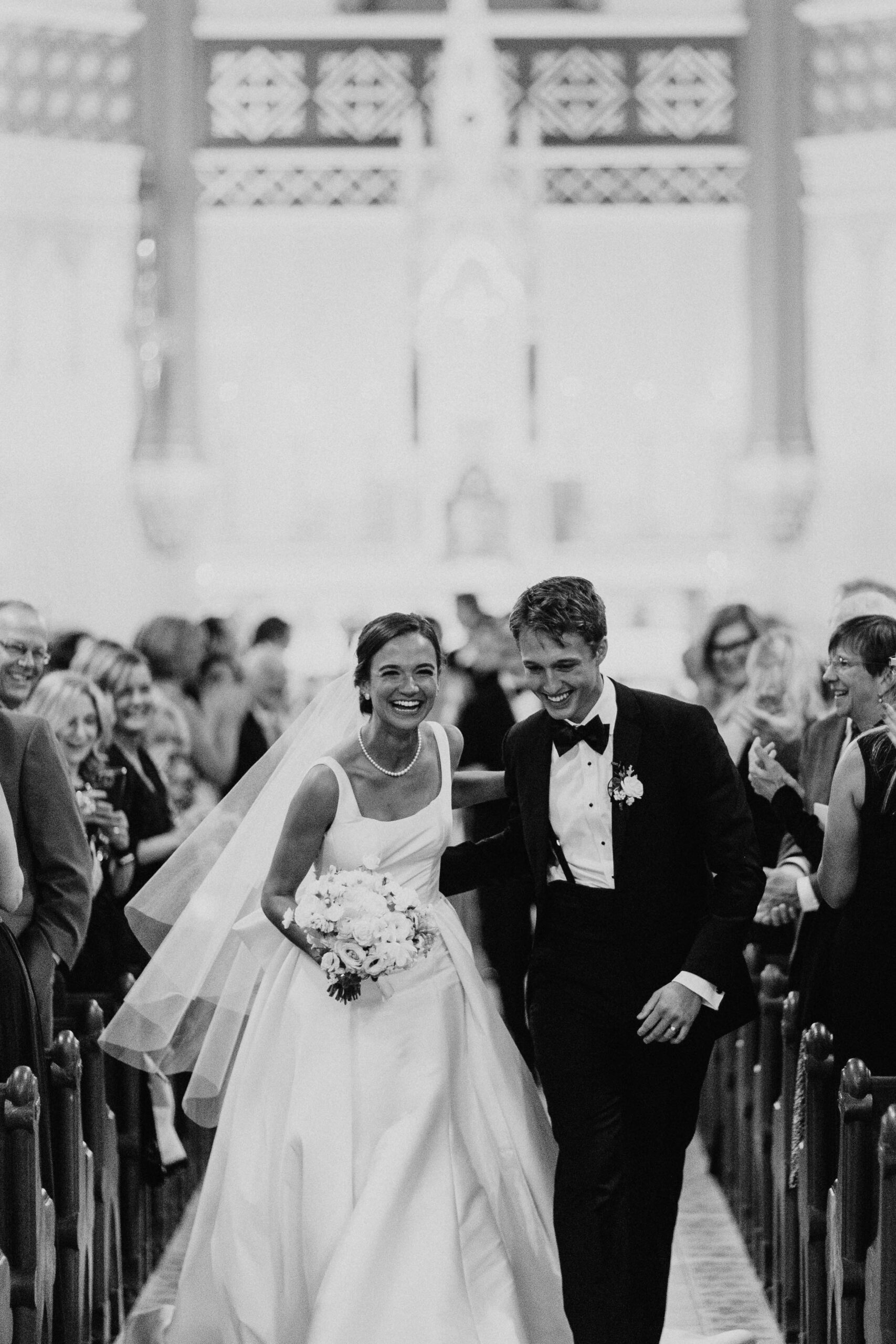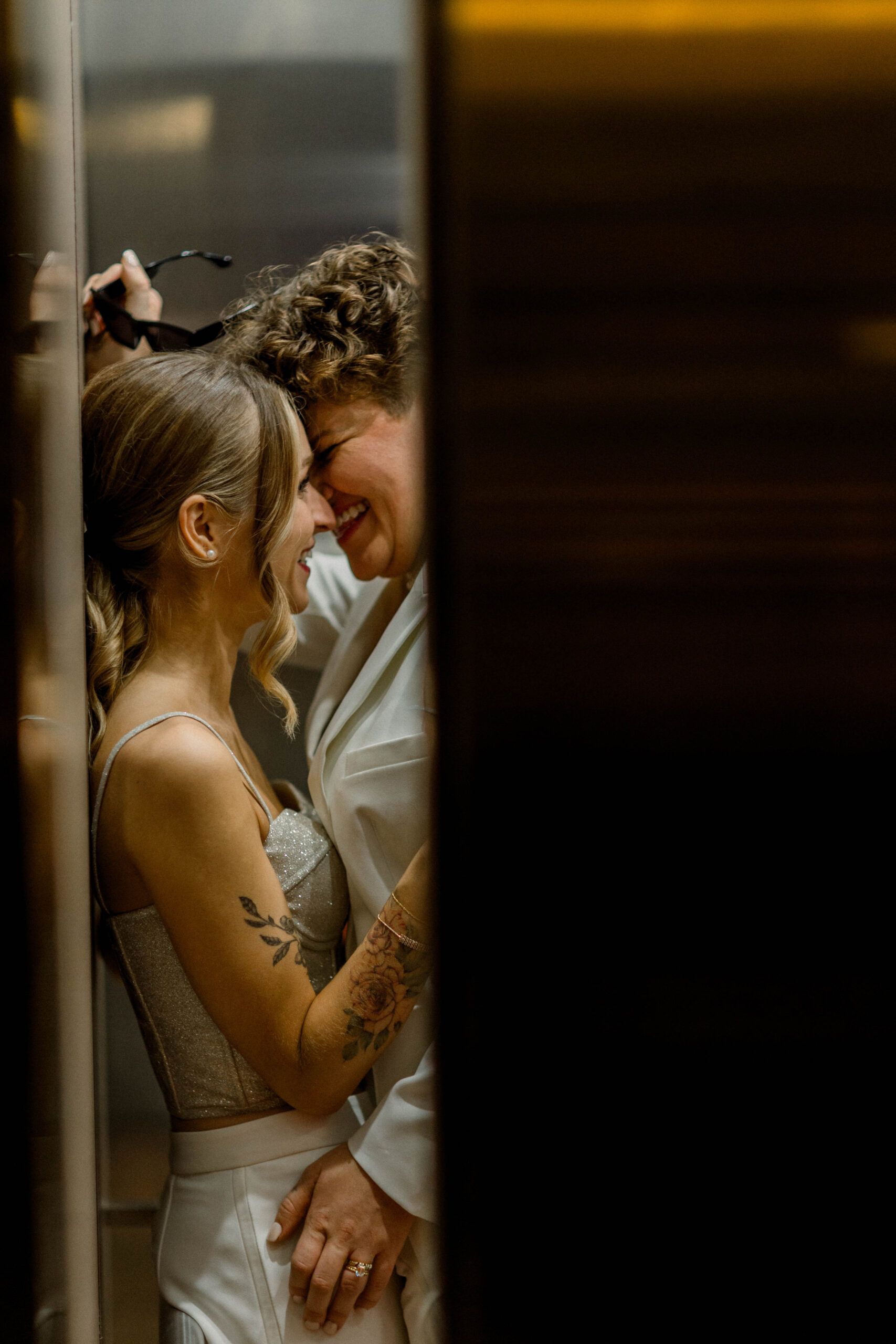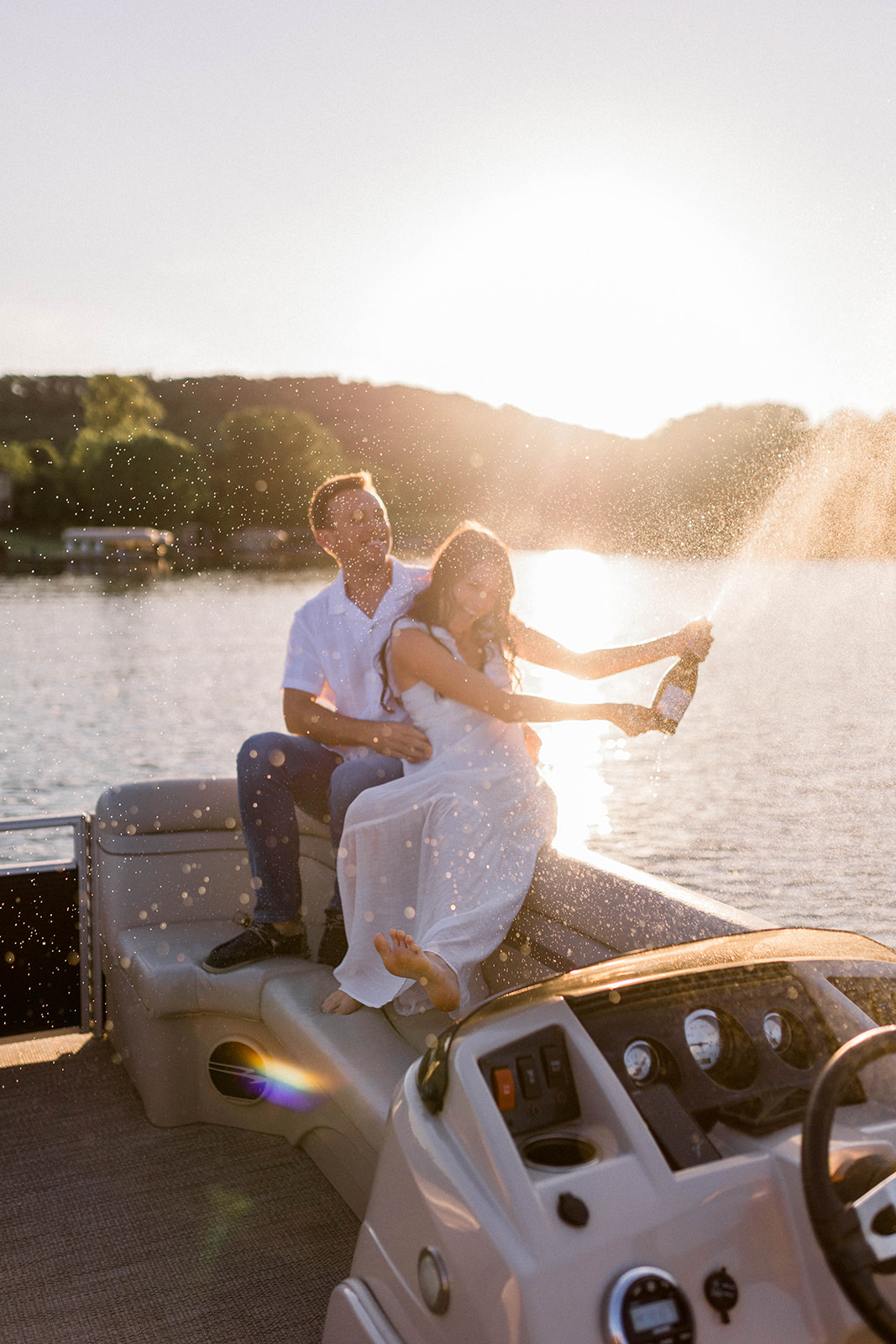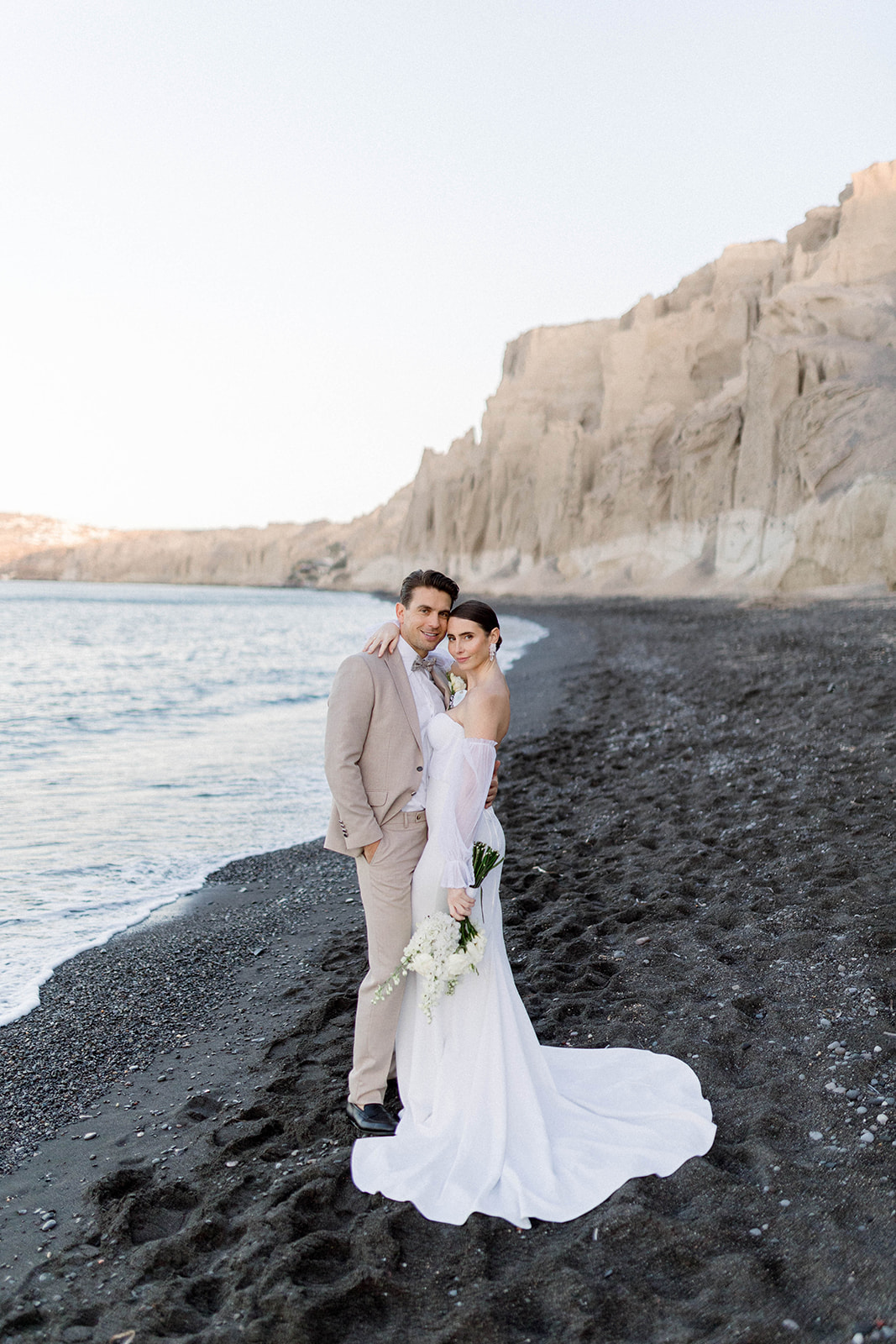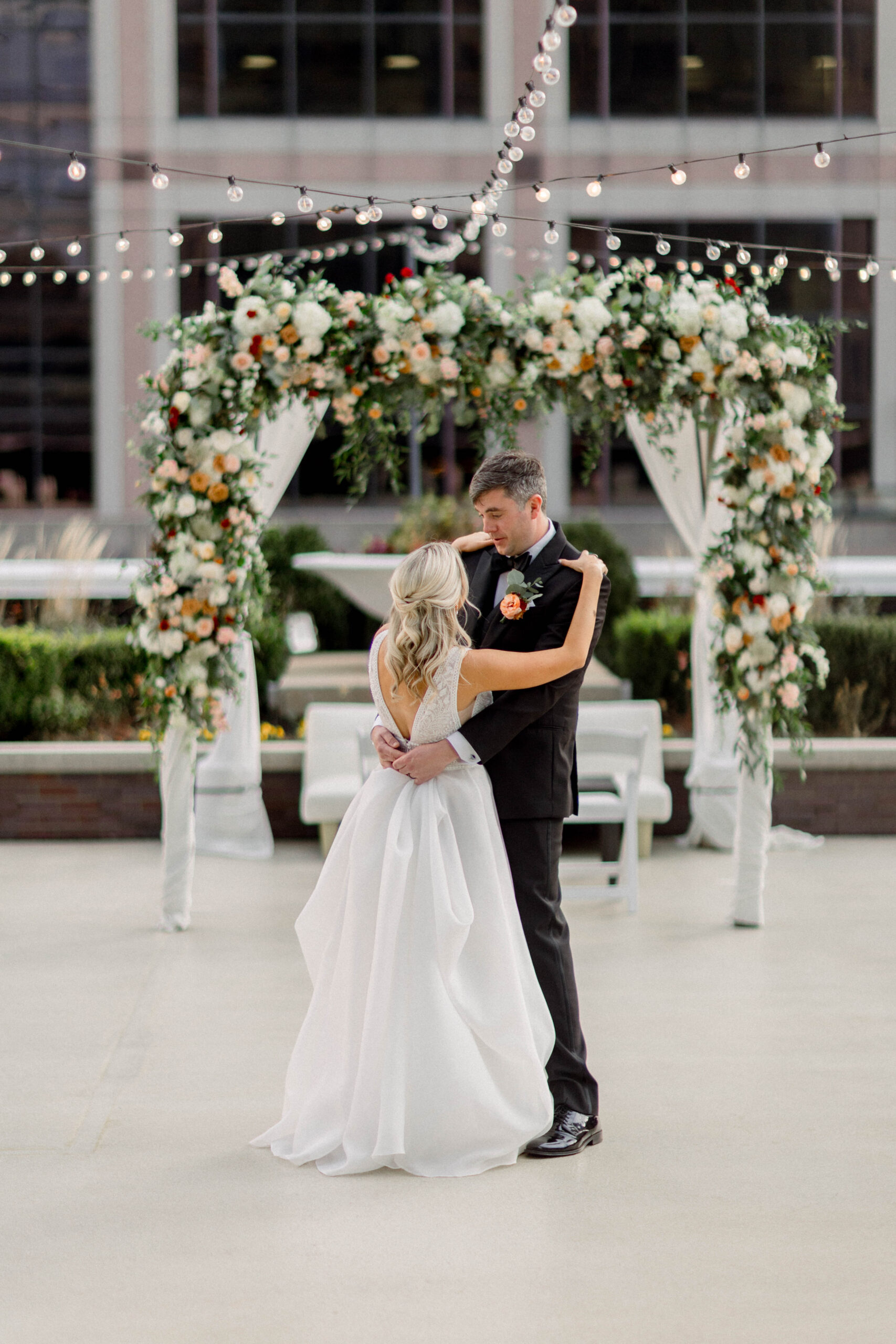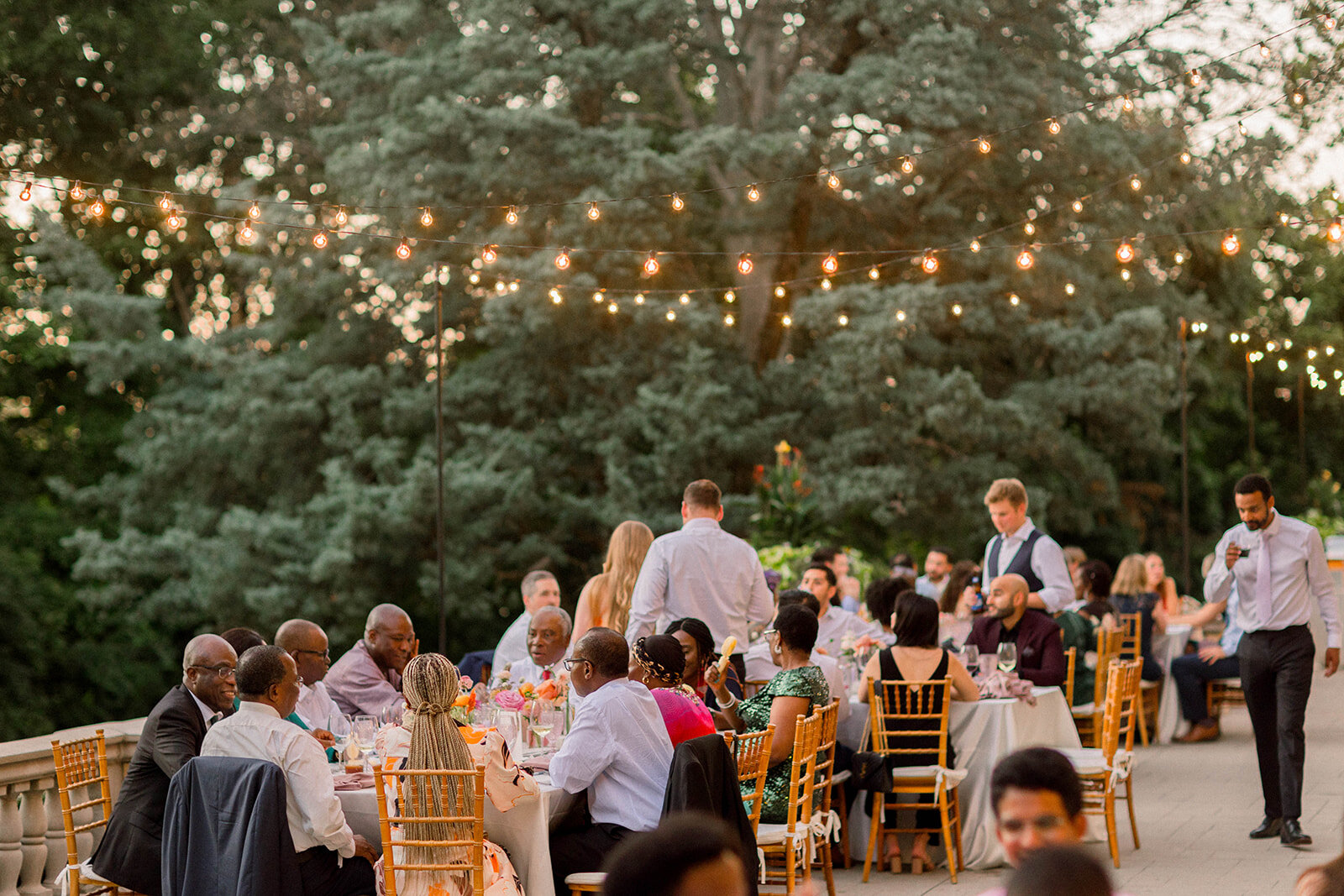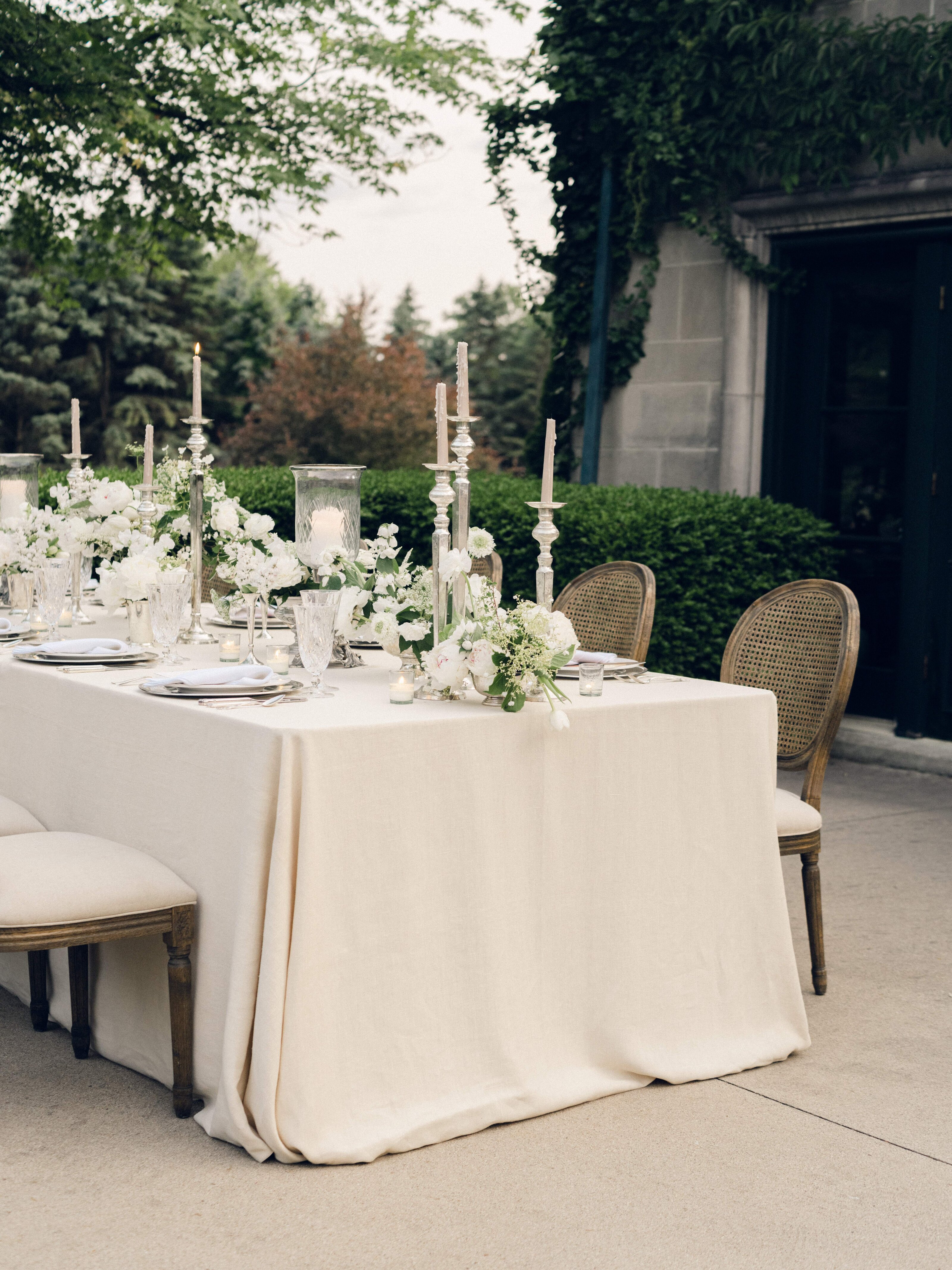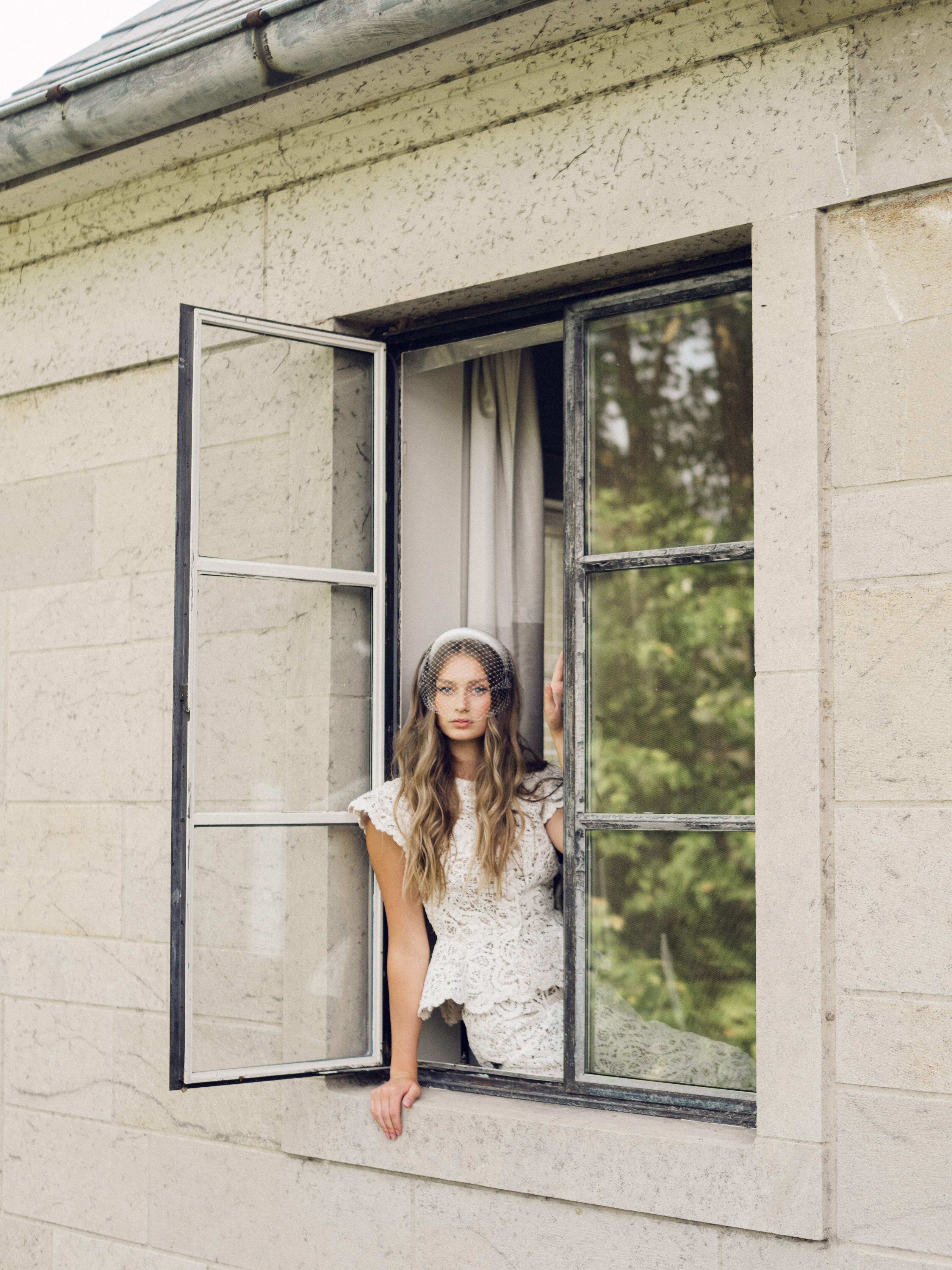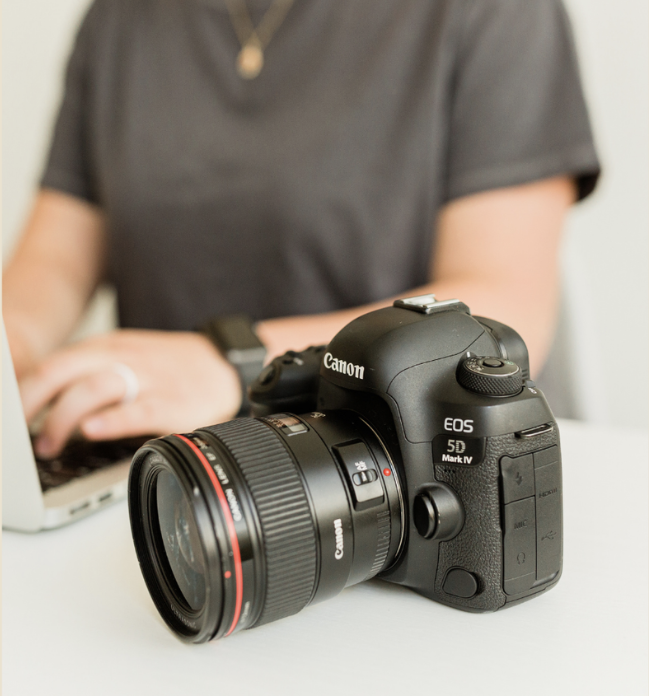
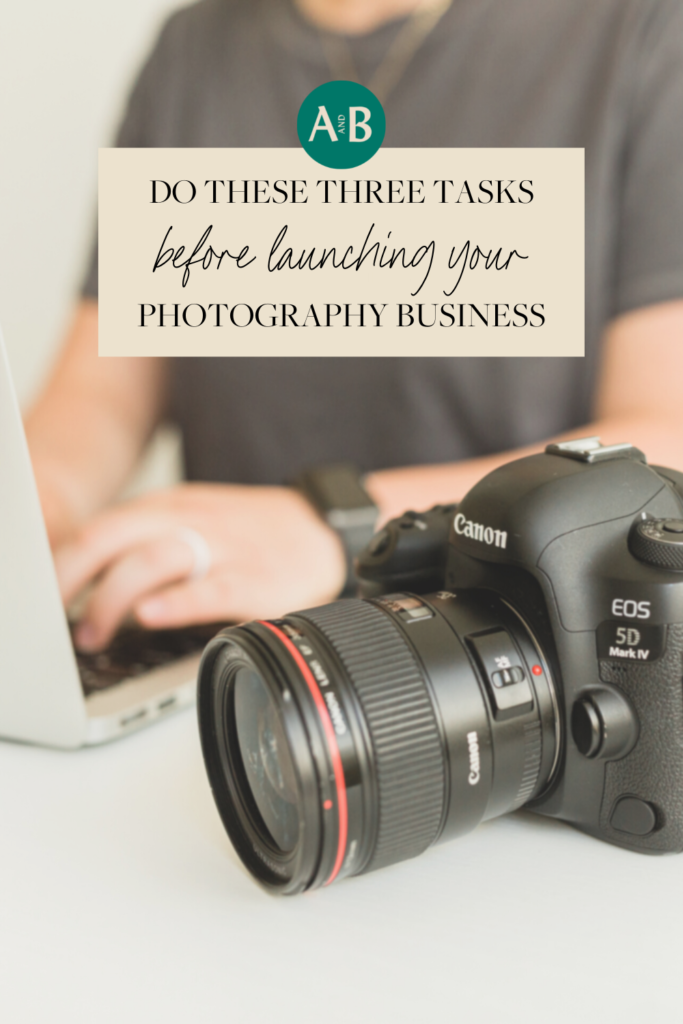
Are you passionate about photography and want to know how to make your hobby into a side hustle or full time job?
You’ve come to the right place!
In this blog post, I’m going to walk you through 3 things you should do before launching your photography business.
As a photographer, it may seem like the only thing you need to start a business is a camera, however it’s a bit more complicated than that.
Before we dive into the 3 things to do before launching your business, I want to quickly clarify at what point you should start thinking about starting this process.
Hobby vs. Business
If you are a hobby photographer, it should literally be a hobby. It’s a hobby if you do it for fun and do not receive payment for your work.
When you start charging for your hobby, it’s no longer a hobby. It’s a business that you just happen to love doing.
It’s important to make your business legal from the very beginning. And again, that is essentially when you start receiving money.
And now that we’ve covered that, let’s dive in!
Do These 3 Things Before Launching Your Business
1. Pick a Name
We’re going to start off easy. Okay, maybe it’s not that easy but the first step I’m going to cover is picking the name for your business!
Picking a name for a business can actually be one of the more challenging things you do. There are literally endless options.
Within the world of creative work (like photography, videography, etc.) people will often name the business after themselves.
Some ideas to help get your brainstorming started are:
-
What will your business do?
-
Do you want your “niche” in your name?
-
Do you want your name in your business name?
-
If so, is your name a popular name? For example, John Smith is one of the most common name combinations so John Smith Photography may already exist which would make buying a URL and gaining independent traction challenging. And they may have a trademark protecting their name.
When Adam and I picked our original business name, we made a big list of everything that came to mind. We wanted to find a way to combine our names but we also but, being a business minded person, I wanted to make sure the business entity was something you could sell in the future if we wanted to retire and not close our business. I wanted it to be us but also something someone else could own. That’s definitely a less common desire in our creative world but it was important to me at the time!
We ended up launching our original business as A.R. Davis Photography. A=Adam, R=Rebecca, Davis=our last name, and Photography=what we would be doing in the business.
Since then, we’ve changed our business entity to A.R. Davis Media, keeping in mind our roots and my desire to be able to sell a business one day instead of retiring and closing the doors but we wanted to adjust the business name to represent that fact that we did more than photography.
Now, A.R. Davis Media LLC is our business entity that is the parent company to our three brands: Adam & Becca, A.R. Davis Media, and Premiere Event Photo Booth.
So, as you can see, don’t be stressed that you’ll never be able to change your name! It’s totally possible and you can also have your LLC (Limited Liability Corporation) and then have one or multiple DBAs (Doing Business As) entities under your parent company.
Once you have your preferred names pulled out from your brainstorming list, I highly recommend researching the names. I’d consider the following when researching your possible names:
-
Does another business exist with the same name?
-
Does the name look strange as a URL?
-
Do the words spell something different when combined? (Like they would be in a URL or email) For example, when we were picking a name for our new brand, Premiere Event Photo Booth, we almost chose Top Event Photo Booth but realized that when the letters were all combined for a URL or email address it looked like “to prevent photo booth”!
-
Check social media to see if the account names are available
2. Make It Legal
When it comes to making your business legal, there are a few steps and it varies slightly state to state. My best advice is to talk with an accountant because they can guide you on which entity type would be best for you (sole proprietorship, general partnership, S-Corp, etc) and they can even help with filing the papers in a lot of cases!
To make your business officially legal, you will file your letters of incorporation with your state. Then, you will be issued an EIN. This number is very important.
Again, I highly recommend talking with an accountant during this process because they can easily help you figure out the best entity for your business and tell exactly what papers to file and where. They can also help you get ready for paying estimated taxes.
When Adam and I began our business, it was a general partnership. We created a new entity in 2020 as an S-Corporation. No matter what entity type is best for you, an LLC, or limited liability corporation, will be helpful in protecting your personal finances from any issues your business encounters.
3. Protect Yourself With Contracts
If you are providing someone a service, such as a photography session, you need to have a contract. This contract goes a long way to protect you and your clients. The contract should clearly state deliverables, payment terms and schedules, and I also recommend having a COVID-19 clause!
When it comes to contracts, you do not need to be an attorney but you should have a practicing lawyer review the contracts to make sure they are accurate!
For creatives, a great place to get contracts are LawTog (this is who we have used) and Legal Paige.
If you’re looking to launch your own business, turn your hobby into a business, or create a new brand, I am here to help with custom coaching! Let’s get your business started!
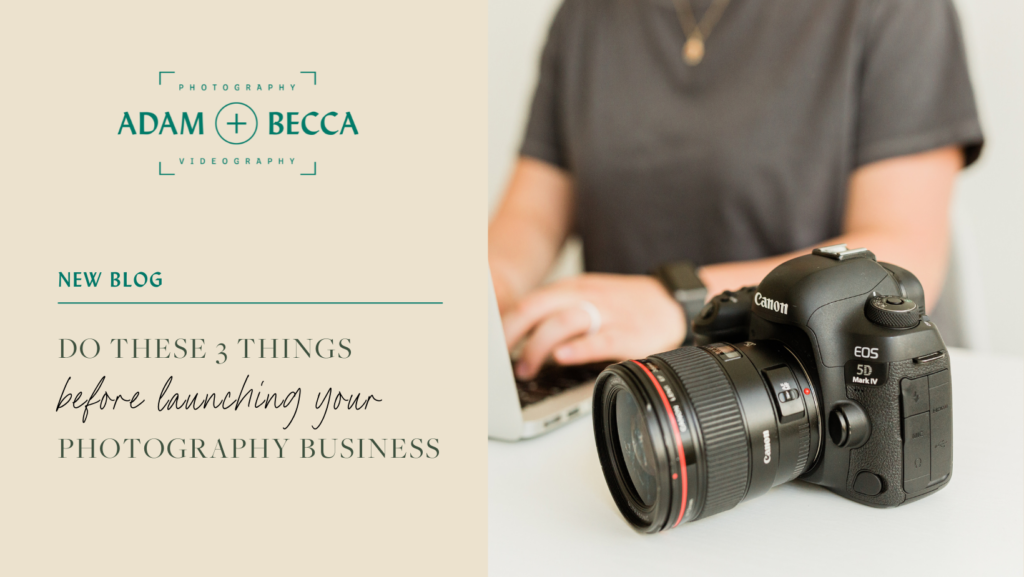
+ view the comments
